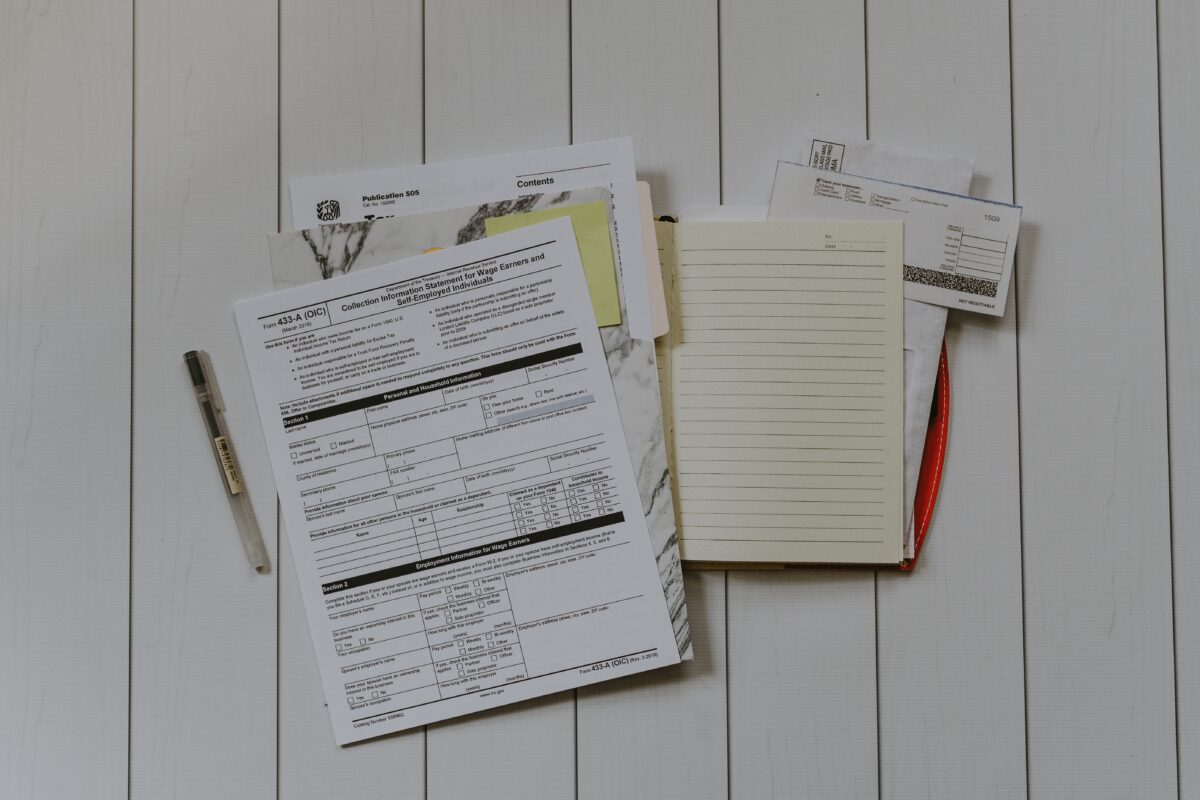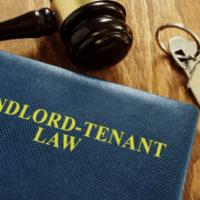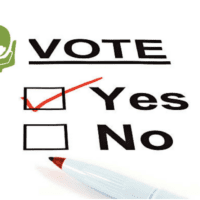A bill that raises how much income tax must be paid by those who make more than $100,000 drew frustration from Republicans Wednesday, but passed to the full House.
House Bill 128, sponsored by Rep. Paul Baumbach, D-Newark, chairman of the House Revenue and Finance Committee, creates a new tax bracket requiring those who make more than $100,000 a year to pay 6.9% of taxable income.
Right now, anyone making more than $60,000 pays 6.6%.
It also will slightly lower taxes for those making $5,000 or less; those making between $20,000 and $25,000; and those making between $60,000 and $100,000.
The new brackets would be:
- 0% of taxable income less than $2,000
- 1.9% of taxable income in excess of $2,000, but not in excess of $5,000
- 3.9% of taxable income in excess of $5,000, but not in excess of $10,000
- 4.8% of taxable income in excess of $10,000, but not in excess of $25,000
- 5.55% of taxable income in excess of $25,000, but not in excess of $60,000
- 6.6% of taxable income in excess of $60,000, but not in excess of $100,000
- 6.9% of taxable income in excess of $100,000
The current tax bracket, which is in law from taxable years beginning after Dec. 31, 2013 to before Jan. 1 2024 is:
- 0% of taxable income less than $2,000
- 2.2% of taxable income in excess of $2,000 but not in excess of $5,000
- 3.9% of taxable income in excess of $5,000 but not in excess of $10,000
- 4.8% of taxable income in excess of $10,000 but not in excess of $20,000
- 5.2% of taxable income in excess of $20,000 but not in excess of $25,000
- 5.55% of taxable income in excess of $25,000 but not in excess of $60,000
- 6.6% of taxable income in excess of $60,000
Rep. Mike Smith, R-Pike Creek, said he was against the bill, but eventually voted it through on its merits.
“We’re coming off the third year of record surplus in dollars so I don’t really see the need for it,” he said.
Baumbach told the revenue committee that raising the taxable income above $100,000 from 6.6% to 6.9% is a “modest increase.”
“This is designed, among other things, to raise some revenues,” he said. “It’s projected to raise approximately $6.9 million for the upcoming fiscal year, and $18.1 million for fiscal 25.”
He pointed out that his bill maintains the six taxable brackets which the Department of Finances indicated they prefer, as well as having all tax rates under 7%.
Rep. Ron Gray, R-Selbyville, said he would rather the lower income brackets be reduced than increasing the taxable income for those making more than $100,000.
He suggested an amendment, which Baumbach fought.
“One of its purposes is to make sure that we have a more equitable top bracket and have a more equitable top rate,” Baumbach said.
HB 128 ultimately passed with three yes votes and three votes on its merit. Votes for merit mean the legislator did not want to vote for or against on the record but decided the full House should decide.
Also Monday, House Bill 136, sponsored by Rep. Melissa Minor Brown, D-New Castle, is designed to address the nursing shortage by providing tax credits for clinical learning education.
She said health care providers across the state agree that the nurse shortage is unsustainable.
Nursing shortages lead to error, higher morbidity, and mortality rates, the bill states, and the American Association of Colleges of Nursing has outlined a number of contributing factors impacting the current national nursing shortage.
Reasons include a lack of nursing school faculty, including the preceptors that provide supervision and instruction for clinical practice.
Since Delaware’s nursing education programs must require clinical learning experiences provided by these preceptors, nursing students have difficulty completing the required coursework necessary for degree and licensure.
The bill provides a nonrefundable tax credit of up to $1,000 and up to $5,000 for individual qualifying preceptors and clinical preceptors. It would go into effect for tax years beginning on or after January 1, 2024.
Pam Zickafoose, executive director of the Delaware Board of Nursing, said that nationwide, 100,000 nurses left the profession due to COVID-19.
She said the lack of nurses has catalyzed even more nurses to leave the profession because of burnout from overworking.
This bill helps persuade nurses to become preceptors, which are essentially nurse educators, she said.
After several representatives from healthcare organizations throughout the state testified in support of the bill, HB 136 was voted for unanimously by the committee members and next will be discussed on the House floor.


Raised in Doylestown, Pennsylvania, Jarek earned a B.A. in journalism and a B.A. in political science from Temple University in 2021. After running CNN’s Michael Smerconish’s YouTube channel, Jarek became a reporter for the Bucks County Herald before joining Delaware LIVE News.
Jarek can be reached by email at [email protected] or by phone at (215) 450-9982. Follow him on Twitter @jarekrutz and on LinkedIn
Share this Post










